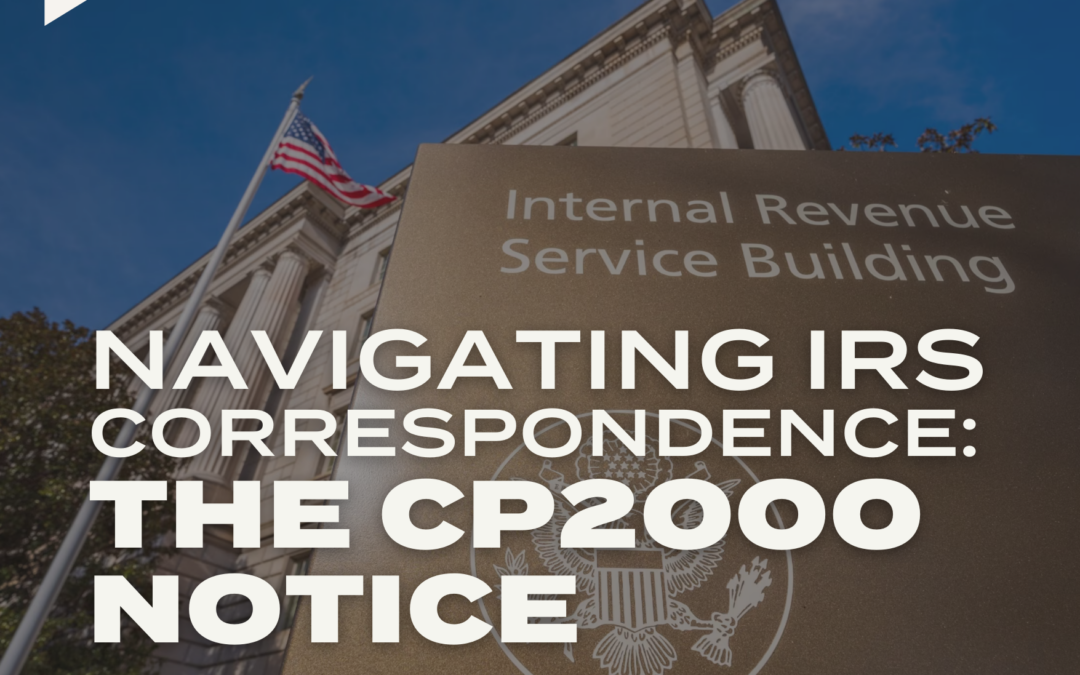One thing about human resources–they need to eat. Just about every employer encounters situations in which it needs to provide meals to its employees. No matter how often you do so, be sure you’re aware of the tax rules for deducting these costs.
Claim Half or All
Generally, a business may deduct only 50% of the cost of business meals for federal tax purposes. But food provided to employees may be fully deductible in circumstances such as when meals:
- Are provided as additional compensation (and thus included in employees’ taxable income), or
- Qualify as tax-free de minimis fringe benefits.
You may also write off food, and exclude it from employees’ income, if it’s furnished for your convenience and on your premises.
Furnish with a Purpose
Under IRS regulations, the “convenience of the employer test” is met only if meals are furnished for a “substantial noncompensatory business purpose.” Although whether meals pass this test depends on the facts and circumstances of each case, the IRS has given examples of a number of acceptable circumstances.
For instance, food provided to keep employees available for emergency calls during the meal period generally qualifies for the full deduction. But such calls must actually occur or be reasonably expected to occur.
Another example is when the nature of the employer’s business tends to shorten a meal to, say, 30 to 45 minutes. The furnishing of meals, however, isn’t considered to be for a substantial noncompensatory business purpose if a meal period is shortened in order to allow employees to leave early.
A third instance is when employees cannot otherwise secure proper meals within a reasonable period. The regulations state that meals are fully deductible under this test if there aren’t enough eateries near the workplace.
Important note: Under the current tax rules, if more than 50% of the employees fed on premises are furnished meals for the employer’s convenience, then all meals furnished on premises are treated as furnished for the employer’s convenience. Therefore, these meals are excludable from employees’ income, regardless of whether every employee meets the convenience test.
Enjoy your Meals
From a tax perspective, providing meals to employees can be deceptively simple. On their face, the rules seem straightforward, but many exceptions and caveats apply. Stay apprised of the latest IRS guidance and double-check your company’s meal deductions every year.





